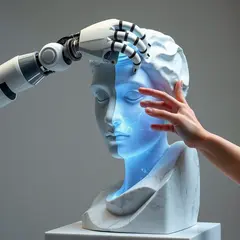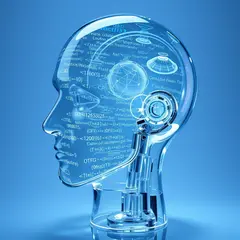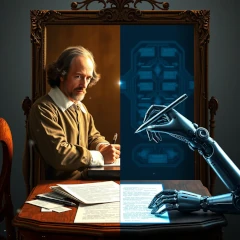
AI Titans Clash: Google’s Gemini and OpenAI’s ChatGPT in Fierce Leaderboard Battle
The intense competition between Google’s Gemini and OpenAI’s ChatGPT models on the LMSYS Chatbot Arena leaderboard showcases rapid advancements in AI technology. Frequent lead changes have occurred, with Gemini-Exp-1121 currently holding the top position. Both models have seen significant improvements, including enhanced creative capabilities, coding performance, and reasoning skills. OpenAI has introduced recent innovations such as advanced voice features and real-time search. This ongoing rivalry between AI giants underscores the dynamic nature of AI development, promising continued innovations and more powerful tools for various applications in the near future.








